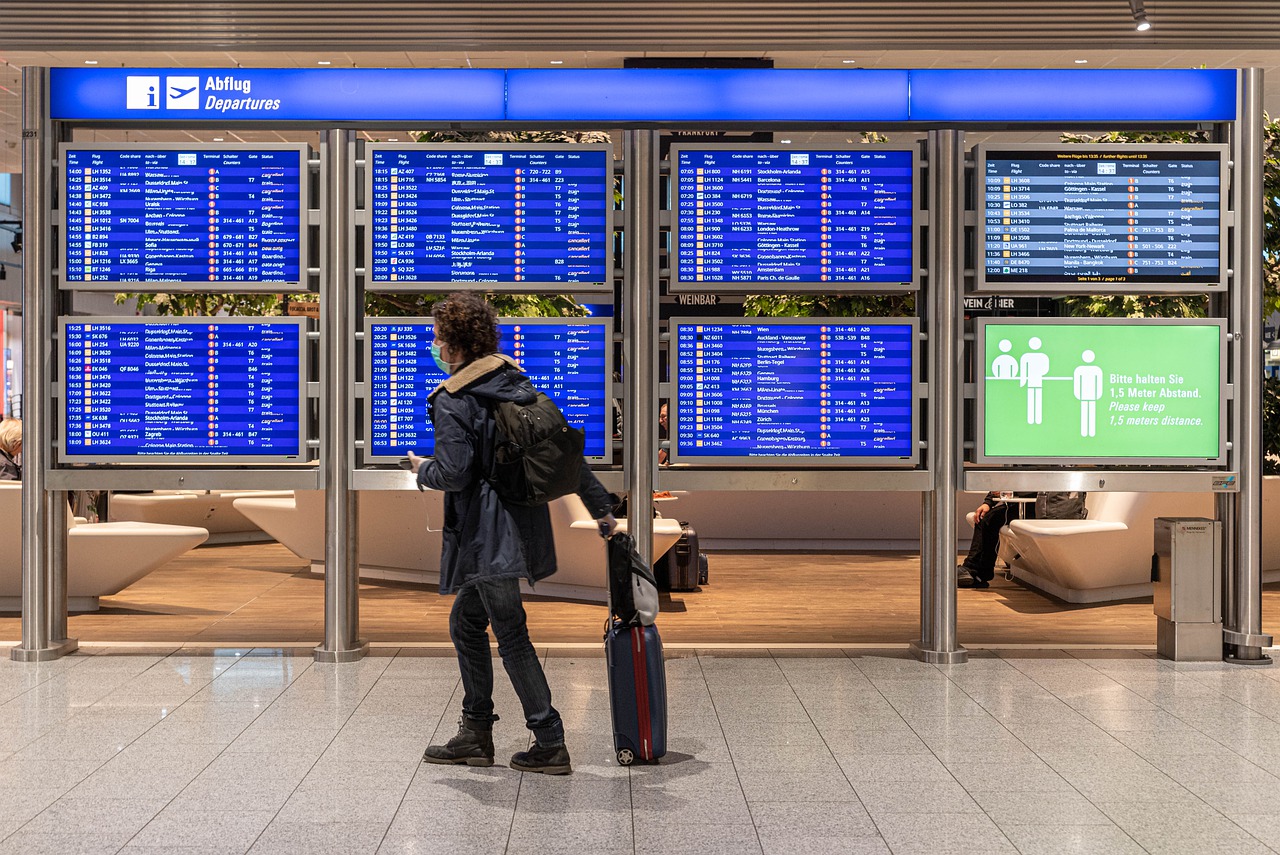Helpful advice for people travelling to and from the UK during COVID-19
During the COVID-19 pandemic, governments around the world put restrictions on international travel. However, unlike many other countries, the UK did not close its borders to foreign citizens, something that home secretary Priti Patel later called “a mistake.”
If you are planning on travelling either to or from the UK, this article is here to help. In it, you’ll learn how to check foreign advice for countries you’re travelling to, how to arrange COVID-19 tests, and what you need to do when you return home.
Check the travel advice for the country you want to travel to
While the UK has largely opened up to the rest of the world, many other countries have not. Thus, if you are planning to travel, you will need to check the various restrictions and conditions for entry.
First, find out whether the country you want to travel to permits people to enter from the UK. You may find that your destination country is open to some foreign citizens, but not others.
Also, find out whether you need to provide evidence of vaccination status. Many countries insist that you produce a vaccination certificate on entering the country, proving that you have had two doses of an approved COVID-19 vaccine. (You may need to check that you’ve had an approved vaccine. Countries vary in this regard. If you have not, you will need to speak to a medical practitioner about receiving further vaccinations).
You may also have to present a negative PCR or antigen test taken within a certain period before you travel. For example, some countries require a PCR test taken within 72 hours of your flight. Rules vary considerably.
Quarantine policies also vary. Some countries only insist on quarantine if you have not had both doses of the vaccine. Others apply quarantine as a blanket policy for everyone entering the country. Quarantine lengths can vary from as little as 5 days all the way up to 21.
Arrange your COVID-19 tests
If the country you want to travel to requires COVID-19 tests, you will need to arrange these. You can’t use the NHS for this – you have to use private providers.
Many companies are providing COVID-19 testing for travel and building partnerships to provide customers with rapid services. Thanks to advanced logistics, travellers can now be far more confident that they will receive their COVID-19 test results in time before their departures.
Use your NHS COVID-19 pass to prove your vaccination status
You can travel abroad without a full COVID-19 vaccination, but you may need to quarantine. Furthermore, some countries may prevent you from entering entirely.
To prove your vaccination status, you will need an NHS COVID-19 pass. You can read more about these on the gov.uk website.
Find out what you need to do when you get home
What you need to do when you return home to the UK depends on where you have been and your vaccination status.
Depending on these two factors, you may need to: 1) arrange quarantine before you travel home, 2) book a COVID-19 test to take upon your return or 3) book a COVID-19 test before you get home.
It’s important to make arrangements as early as possible. If you don’t book quarantine accommodation in advance and you are coming from a red list country, you may have to pay a fine in addition to the cost of your quarantine.
Find out if you are exempt from testing
In some cases, you may be exempt from testing before you travel home. Children under the age of 10, for instance, do not need to take pre-departure tests.
Furthermore, you do not need to take a test if you are travelling to the UK for urgent medical treatment (or are travelling with somebody who is). You also do not need to take the test if you have a medical condition which means that you can’t. To qualify, you will need a note from a recognised medical practitioner.
If you are travelling to the UK from Scotland, Ireland, Northern Ireland, Wales, the Isle of Man, Jersey, Guernsey, Falkland Islands, Ethiopia, St Helena or Ascension, you do not need to take a test, even if you are not fully vaccinated.

